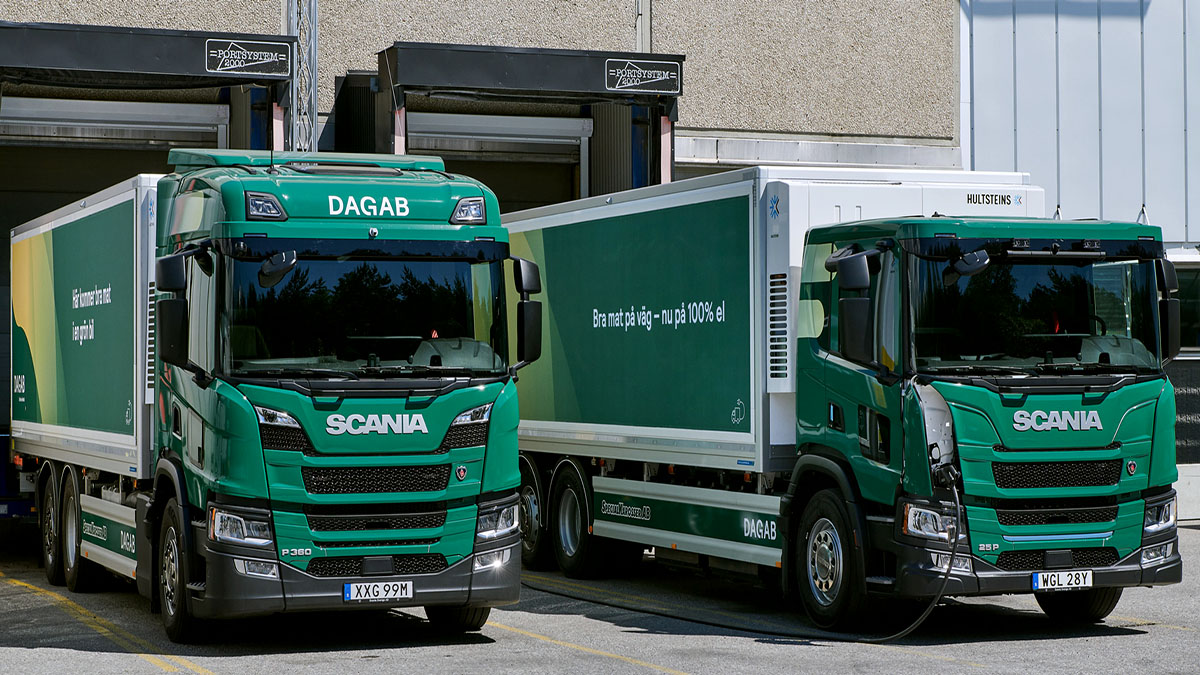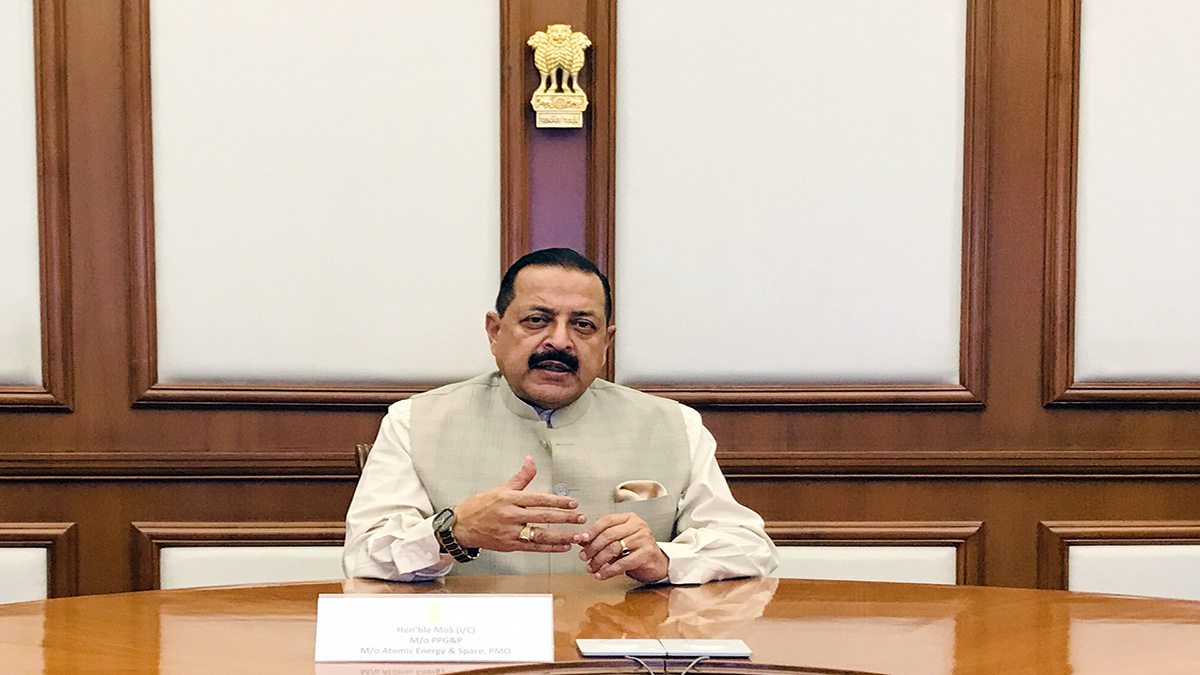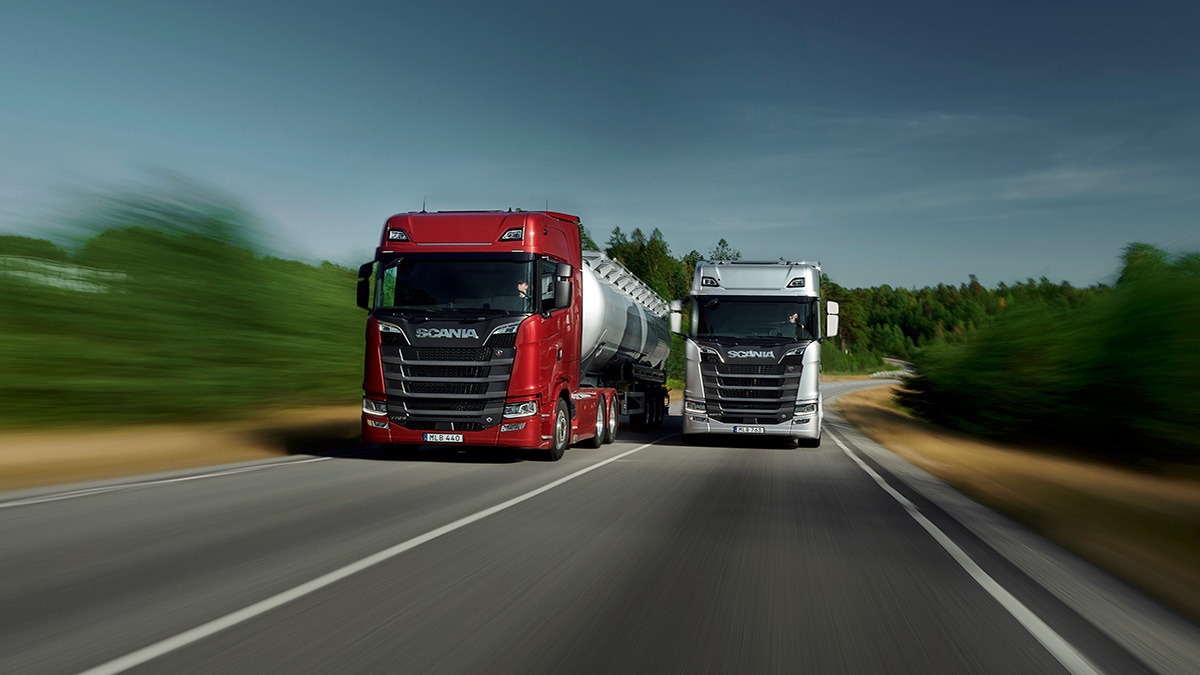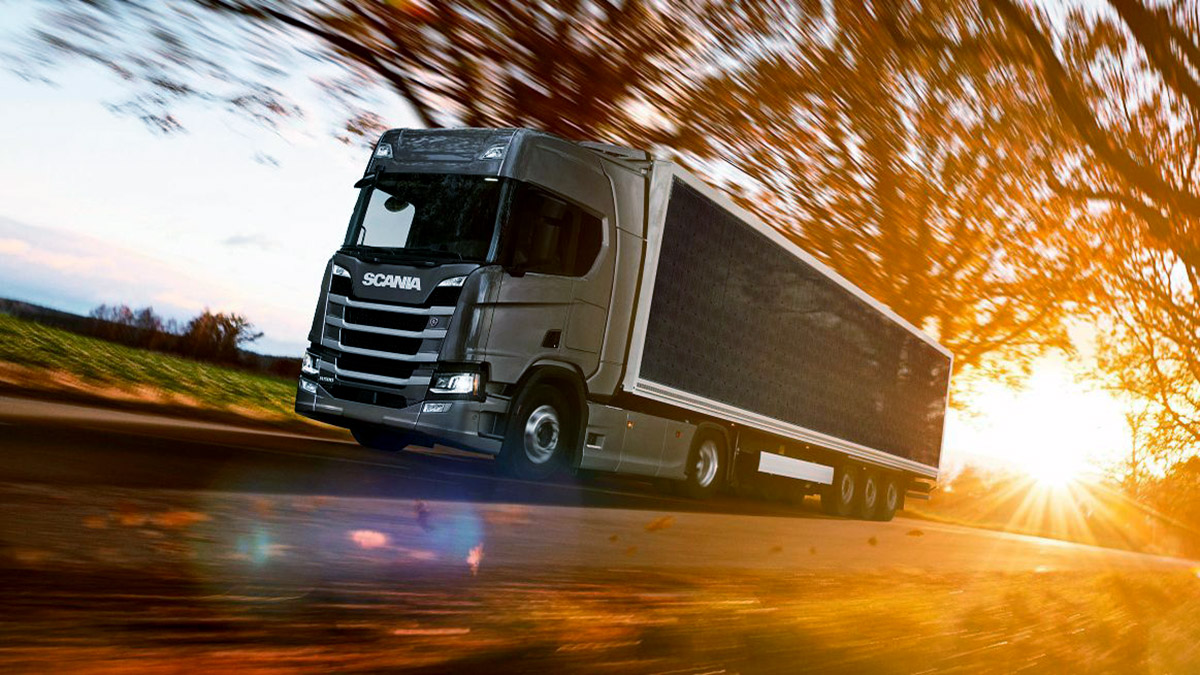Food transports in the Stockholm Region are set to become a lot more environmentally-friendly with the news that the logistics company of Sweden’s leading food retailer Axfood has committed to using electrifying its Scania trucks for city deliveries.
Dagab, Axfood’s purchasing and logistics arm, has commissioned Scania’s first serial-produced all-electric heavy truck for its daily food deliveries to stores in the city of Stockholm and the surrounding area, and has also bought a new plug-in hybrid electric truck.
The electric trucks will make their daily drives from Dagab’s warehouse in Jordbro, in the southern suburbs of Stockholm, to grocery stores in the city. The trucks’ extended range, combined with an optimised charging strategy, mean that Dagab will be able to deliver its goods without sacrificing availability and efficiency, and at the same time make a significant reduction in Dagab’s and Axfood’s overall environmental impact.
While Scania is working on several fronts to drive the shift towards a sustainable transport system, it ultimately believes that electrification will be the main technology to achieve the lasting change that our planet needs. The commissioning of the new electric trucks is one element of a partnership between Scania and Dagab that aims to establish electrified logistics solutions for the future.
As a first step in this partnership, Scania and Dagab have established the REEL1 project, which is part-financed by Swedish innovation agency Vinnova and the Swedish Energy Agency. The project’s goal is to design, test and demonstrate electric-powered food transport deliveries in the Stockholm area. The REEL1 project began in August 2020 and also involves the charging operator EV-Box.
Ultimately, Scania believes that if society is to succeed in promoting the development of electrification, especially public charging infrastructure, there needs to be extensive cooperation between companies but also between business and public authorities. Meanwhile, Scania will continue to play its part to drive the development and availability of fossil-free, sustainable transport solutions.









